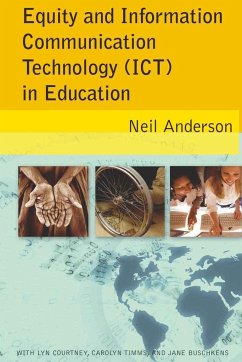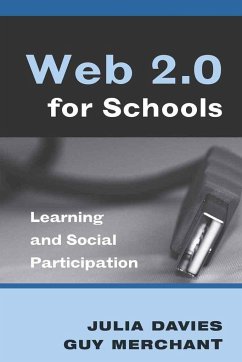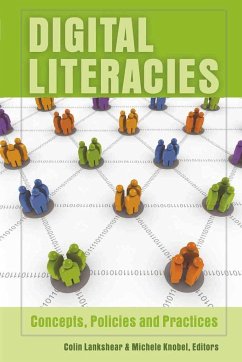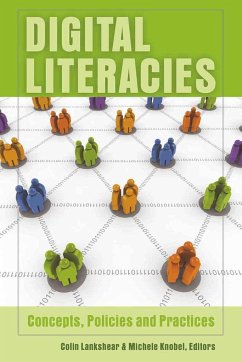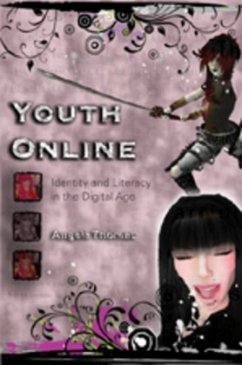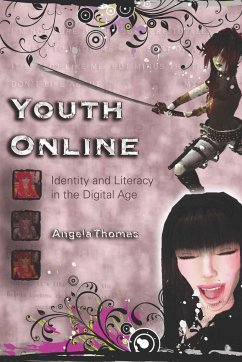
Equity and Information Communication Technology (ICT) in Education
with Lyn Courtney, Carolyn Timms, and Jane Buschkens

PAYBACK Punkte
0 °P sammeln!
Information communication technologies (ICT) permeate almost every facet of our daily business and have become an important priority for formal and informal education. This places an enormous responsibility to achieve equitable deployment of ICT on governments, education systems, and communities. Important equity issues examined in this book include gender issues, disability, digital divide, hardware and software developments, and knowledge transfer. Previous books have tended to concentrate on single aspects of equity and computer use; this book fills the pressing need for a comprehensive loo...
Information communication technologies (ICT) permeate almost every facet of our daily business and have become an important priority for formal and informal education. This places an enormous responsibility to achieve equitable deployment of ICT on governments, education systems, and communities. Important equity issues examined in this book include gender issues, disability, digital divide, hardware and software developments, and knowledge transfer. Previous books have tended to concentrate on single aspects of equity and computer use; this book fills the pressing need for a comprehensive look at the issues. Equity and Information Communication Technology (ICT) in Education is an essential book for professionals involved in this emerging area of study, and a useful text for undergraduate and graduate classrooms.



